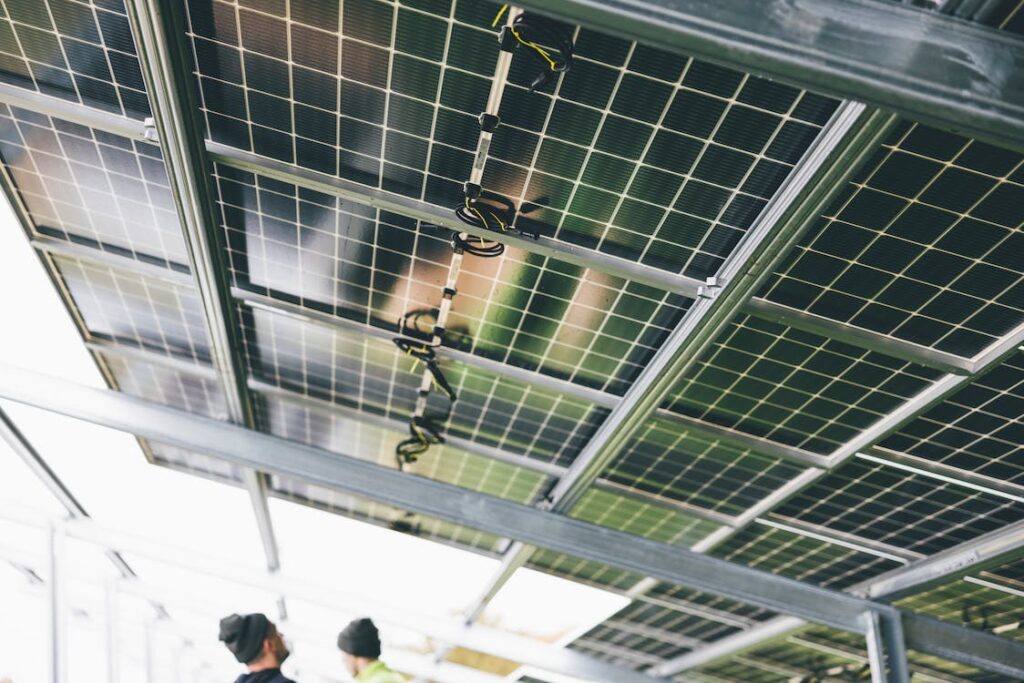New Hampshire’s Bid for IRA Grant to Support Solar Initiatives for Low-Income Populace
The New Hampshire Department of Energy has made a significant move by requesting a $70 million federal grant aimed at broadening community solar programs specifically for low-income residents. This substantial financial boost, if granted, is poised to bring about transformative changes. Advocates of the initiative believe that it could not only reduce energy bills for many but also accelerate the state’s decarbonization efforts. Additionally, there’s potential for this initiative to spur the development of much-needed affordable housing in the region.
Jeannie Oliver, a senior director at the New Hampshire Community Loan Fund, which has collaborated with the state on this proposal, expressed high hopes for the impact of this initiative. “It’s just going to be life-changing for the communities we do this with,” she remarked, highlighting the profound potential benefits of the program.
This grant request is a part of the Environmental Protection Agency’s Solar for All competitive grant program, which falls under the expansive 2022 Inflation Reduction Act. The Solar for All program, with a budget of $7 billion, is designed to enhance solar access for individuals living in low-income and disadvantaged communities. It aims to award up to 60 grants, each contributing to the expansion of solar energy in these areas.
Community solar represents a unique model where energy consumers either own a stake in or subscribe to a portion of a solar development. Participants in this program receive credits for the electricity that is sold back to the grid, which helps offset their utility bills. This model is particularly appealing to those who are unable to or choose not to install solar panels on their own properties but still wish to reap the environmental and financial benefits of renewable energy.
Despite being authorized in New Hampshire since 2013, community solar has struggled to gain significant momentum in the state. One of the primary challenges has been the state’s policy on larger, non-municipal solar projects, which only allows for generation credits on projects up to 1 megawatt in capacity. According to Sam Evans-Brown, executive director of the nonprofit Clean Energy New Hampshire, this capacity limitation has made it financially unviable for developers. He points out that it is only when a solar array reaches around 3 megawatts, and with the inclusion of net metering, that the economics begin to favor development.
The proposed federal grant, therefore, represents a crucial step towards overcoming these financial hurdles and making community solar a more accessible and attractive option in New Hampshire. By increasing the capacity for solar projects and providing financial incentives, the state could see a significant uptick in the adoption of community solar, leading to broader environmental and economic benefits for its residents.






